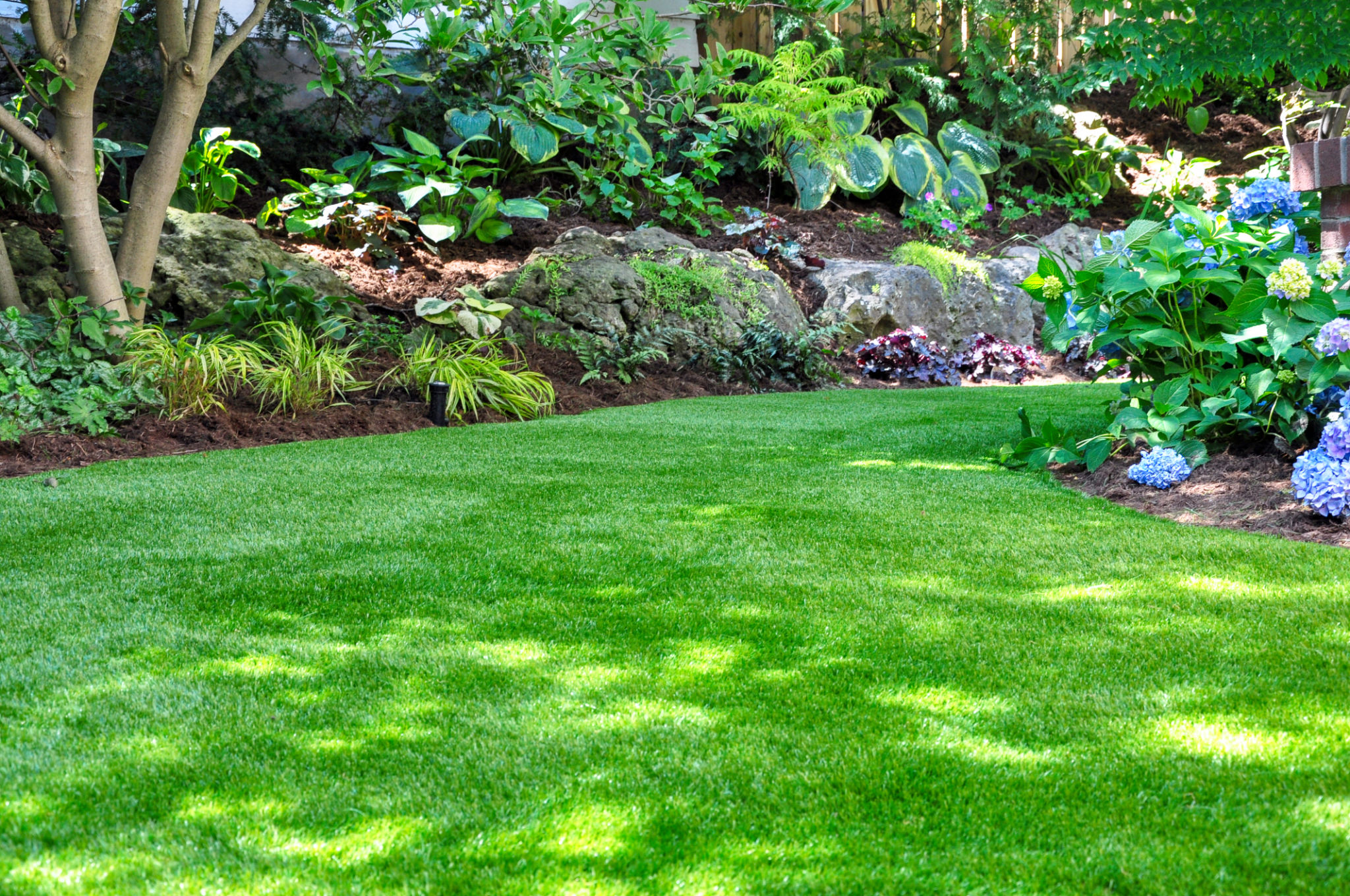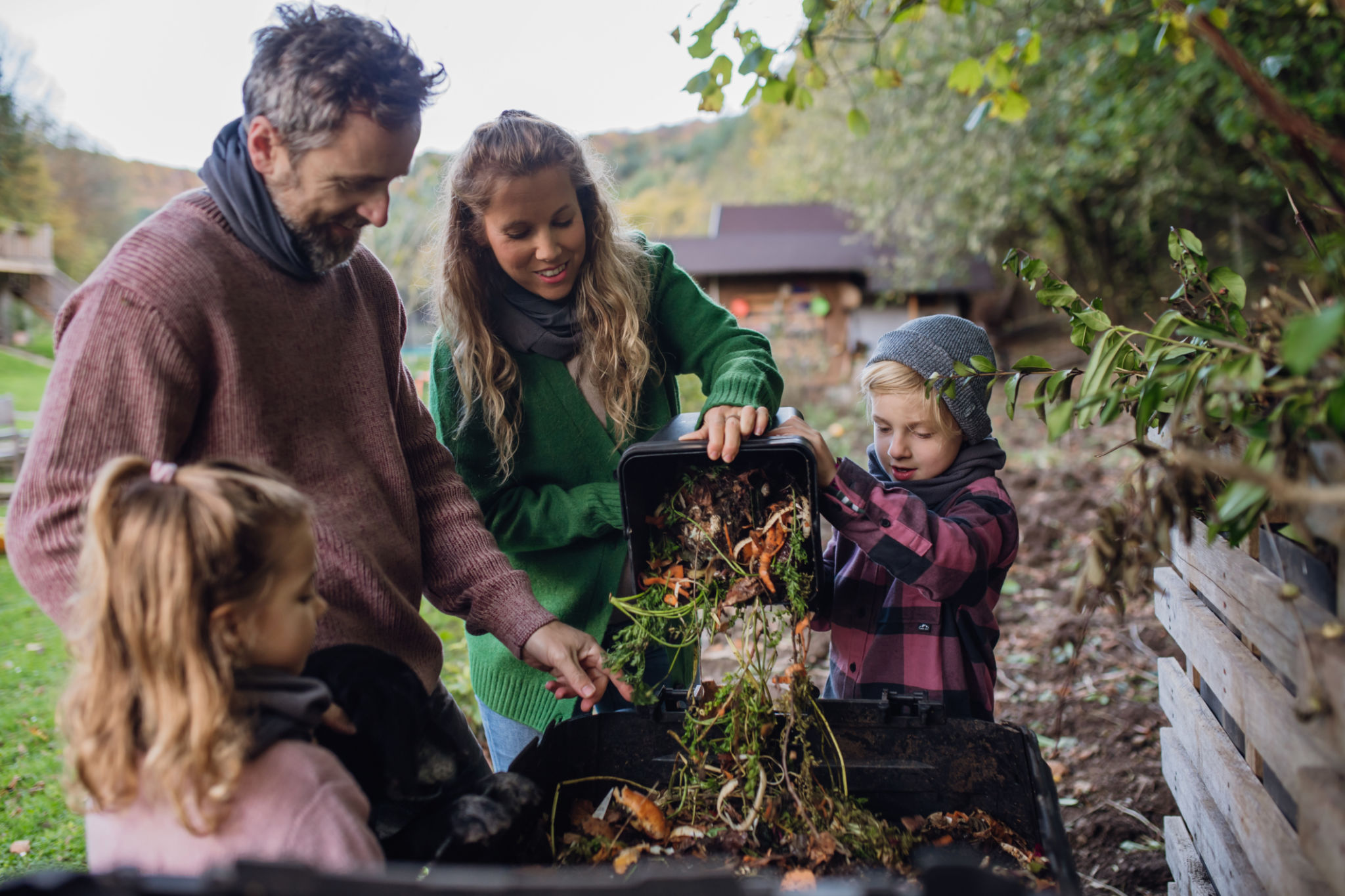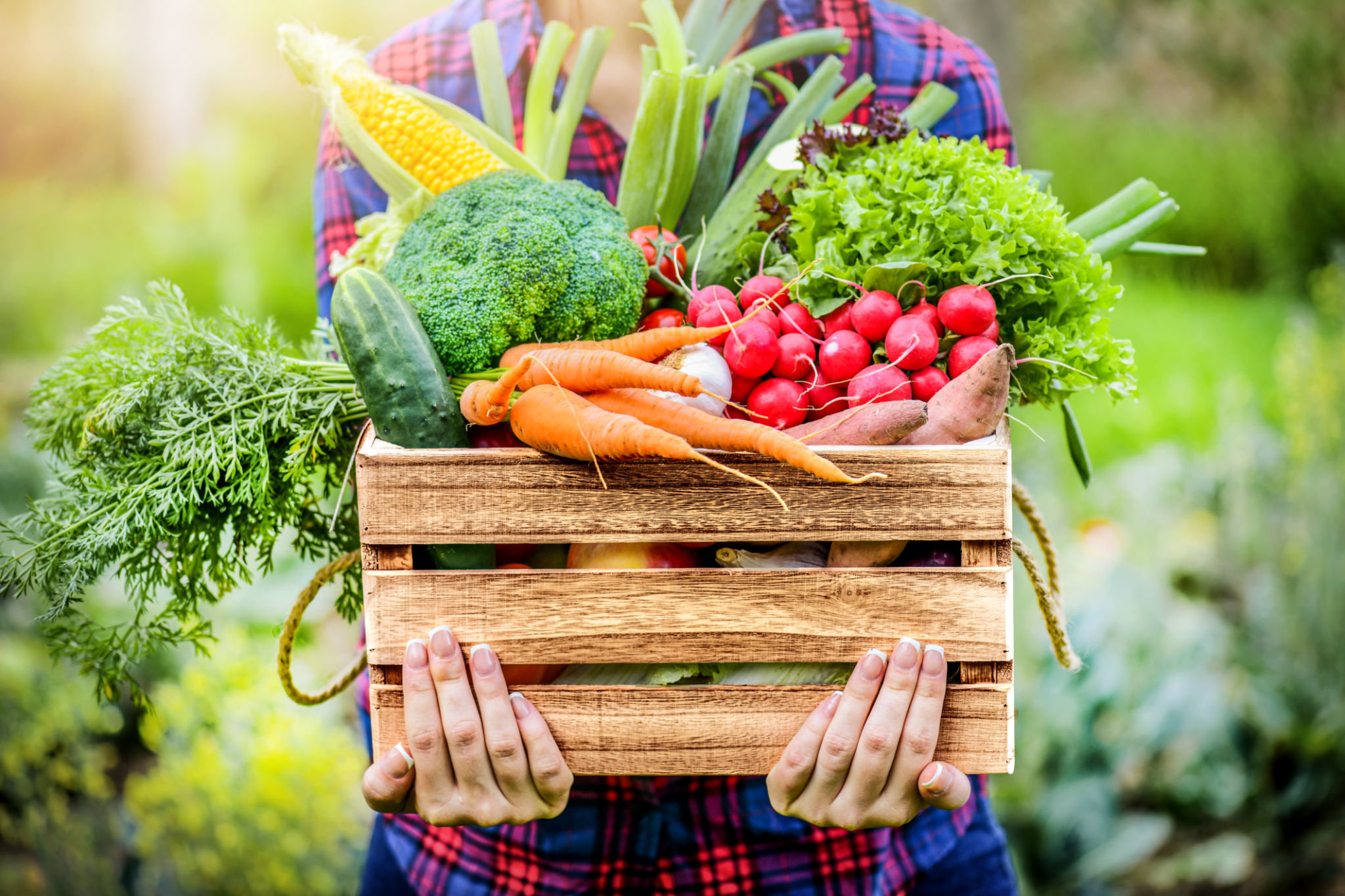Myth-Busting Common Misconceptions About Sustainable Gardening
Understanding Sustainable Gardening
Sustainable gardening is an approach that focuses on environmentally friendly practices to cultivate gardens. Despite its growing popularity, there are numerous misconceptions surrounding sustainable gardening. This post aims to debunk some of the most common myths and provide clarity on what it truly means to garden sustainably.

Myth 1: Sustainable Gardening is Only for Experts
Many people believe that sustainable gardening is a practice reserved for experts or those with extensive gardening experience. In reality, anyone can adopt sustainable gardening techniques regardless of their skill level. Simple steps like composting kitchen waste or using native plants can make a significant impact. The key is to start small and gradually incorporate more sustainable practices as your confidence grows.
Myth 2: Sustainable Gardens Are Not Aesthetically Pleasing
A common misconception is that sustainable gardens lack beauty and appeal. On the contrary, sustainable gardens can be just as, if not more, visually stunning than conventional gardens. By utilizing a diverse array of native plants, gardeners can create vibrant landscapes that attract local wildlife, adding both color and life to the garden.

Myth 3: Native Plants Are Difficult to Maintain
There's a belief that native plants require special care and are difficult to maintain. However, native plants are naturally adapted to their local environment, making them more resilient and easier to care for than non-native species. They often require less water and fewer resources, contributing to a more sustainable garden ecosystem.
The Reality of Sustainable Gardening Practices
Incorporating sustainable practices into your gardening routine can be simpler than you think. Here are a few strategies that can make a significant difference:
- Implementing composting to reduce waste and enrich soil.
- Utilizing rainwater collection systems for irrigation.
- Choosing organic pest control methods instead of chemical pesticides.

Myth 4: Sustainable Gardening is Expensive
Another misconception is that sustainable gardening is costly. While the initial setup might require some investment, such as purchasing rain barrels or compost bins, these costs are often outweighed by long-term savings. Sustainable practices reduce water usage and eliminate the need for chemical fertilizers and pesticides, making it a cost-effective choice over time.
Myth 5: Sustainable Gardening Yields Less Produce
Some believe that sustainable gardening results in smaller yields compared to traditional methods. In reality, sustainable practices nurture healthier soil and plants, which can lead to abundant harvests. Techniques like crop rotation and companion planting can enhance productivity while maintaining ecological balance.

Embracing Sustainable Gardening Techniques
Sustainable gardening is more than just a trend; it’s a commitment to cultivating harmony between our gardens and the natural world. By dispelling these myths, we hope to encourage more people to embrace sustainable practices in their gardening endeavors. Remember, every small change contributes to a healthier planet and a more rewarding gardening experience.
